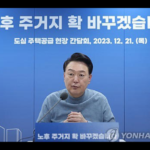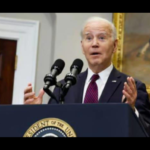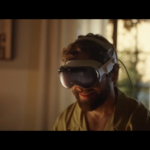Permit’s face it. Faraway work brings sturdy feelings from both sides. Individuals who are in favor say it’s going to assist with work-lifestyles stability, keep on commuting fees and a net benefit to the employee.
The other side believes it’s going to create a disconnected group of workers and will diminish wonderful corporation subculture. With remote work making up of almost a quarter with the aid of the give up of 2022 groups are working on being on “the proper side of history” with the issue.
A brand new harris poll with bloomberg shows an undiscussed downside of the phenomenon: worse intellectual fitness for more youthful workers.
The ballot shows that young people observed it difficult to make connections, acquire feedback from superiors, and analyze their way with corporation culture even as encountering quiet and empty workplaces, “out of office” managers, and few networking possibilities.
With the upward thrust of remote paintings hitting an inflection point, some of the more youthful generations (especially z) are finding it hard to address those drastic changes.
Lonely gen z employees unite (remotely, of route)
Here are the findings of the ballot :
Greater than 50% of gen z summer interns and newly employed workers said operating remotely makes it hard to set up enterprise connections. In assessment, over half of (55%) stated they think they may be lacking out on an important step into adulthood and their profession because of how the activities of 2020 affected office subculture.
Over 60% stated it’s far essential to their profession to understand how their company workplace way of life operates and in which they healthy in the puzzle. Paintings-from-home and hybrid work situations reason issue to absolutely hold close and be a part of place of job culture inside the workplace (56%).
For the people who’re completely faraway and hybrid, over one-0.33 (37%) stated they experience like they may be falling behind their coworkers who are working inside the office every day.
An utter disconnect in schedules and operating preparations is part of the motive why: with forty six% of summer season interns operating remotely, about a third said their superiors and executives have been within the workplace. For the 33% of interns who worked within the workplace, about a quarter stated their better-u.S.Worked out of the workplace.
In company america, there is a debate about workers returning to the workplace full-time. Ceo of the harris poll, john gerzema, opined, “we’re overlooking what the future of labor sincerely approach – our collective function as managers of destiny expertise. We neglect we’re handling an interrupted technology – first at college – and now at work. And if this beyond summer is any indication, younger humans have misplaced religion in us as managers to mentor, listen and create a workplace wherein they could launch their careers. Remote paintings doesn’t mean far flung control.”










